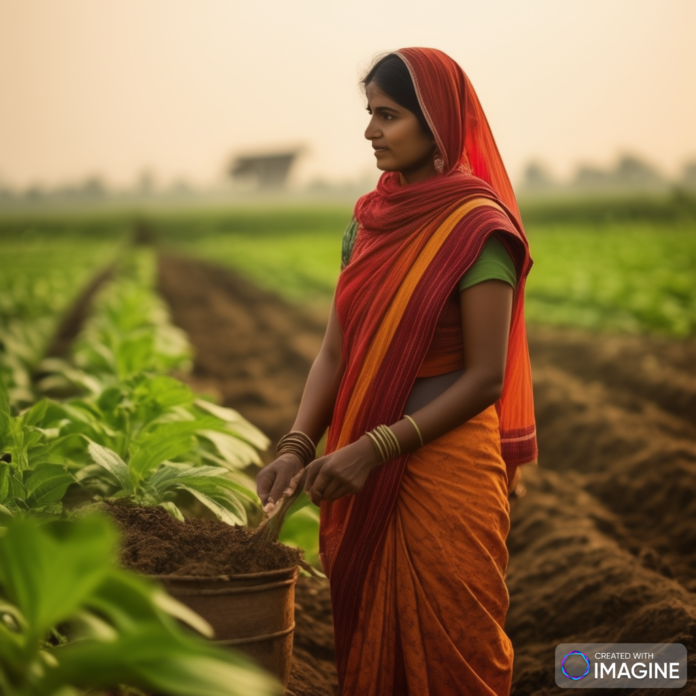From Field to Family: The Indispensable Role of Women in the Global Food System
Dr. Mranalini Prerna
Scientist, ICAR-National Research Centre on Camel
From planting seeds to bringing food to our tables, women play a critical yet often overlooked role in agriculture. Around the globe, they contribute significantly to the sector, forming the backbone of rural communities and ensuring food security for millions.
The Powerhouse of the Workforce:
Contrary to popular belief, women are not simply marginal contributors in agriculture. Statistics from the Food and Agriculture Organization (FAO) reveal that women make up a staggering 43% of the global agricultural workforce. In developing countries, this number can be even higher, reaching up to 70% in some regions.
Beyond the Backbreaking Labor:
While women are often involved in physically demanding tasks like planting, weeding, and harvesting, their contributions extend far beyond. They are actively involved in various aspects of the agricultural value chain, including:
Livestock management:
Women play a crucial role in raising livestock, which provides essential protein sources and income for families. They are responsible for tasks like milking, feeding, and breeding animals.
Post-harvest handling:
Women play a key role in activities like threshing, winnowing, drying, and storing crops after harvest, minimizing food loss and ensuring food availability throughout the year.
Marketing and sales:
Women are increasingly taking on the responsibility of selling agricultural produce in local markets, contributing to household income and decision-making power.
Challenges and the Path Forward:
Despite their significant contributions, women in agriculture face numerous challenges. These include:
Limited land ownership: Women often lack secure land rights, hindering their ability to access resources and invest in their farms.
Unequal access to resources: Women often have limited access to credit, agricultural inputs, and extension services, hindering their productivity and income potential.
Gender discrimination: Societal norms and cultural practices sometimes limit women’s participation in decision-making and leadership roles within the agricultural sector.
To empower women in agriculture and unlock their full potential, several key interventions are needed:
Promoting land ownership and access to resources: Ensuring women have secure land rights and equal access to inputs like seeds, fertilizers, and credit is crucial for their agricultural success.
Investing in education and training: Providing women with education and training opportunities in areas like sustainable agriculture, financial literacy, and marketing can equip them with the skills needed to thrive.
Supporting women’s organizations: Empowering women’s cooperatives and farmer organizations can provide a platform for women to share knowledge, access resources, and collectively advocate for their rights.
Women are not just contributors to agriculture; they are the driving force behind food security and rural development. Recognizing their contributions, addressing the challenges they face, and investing in their potential are essential for building a more sustainable and equitable future for all. By empowering women in agriculture, we can cultivate a future where their voices are heard, their rights are protected, and their invaluable contributions are celebrated.


